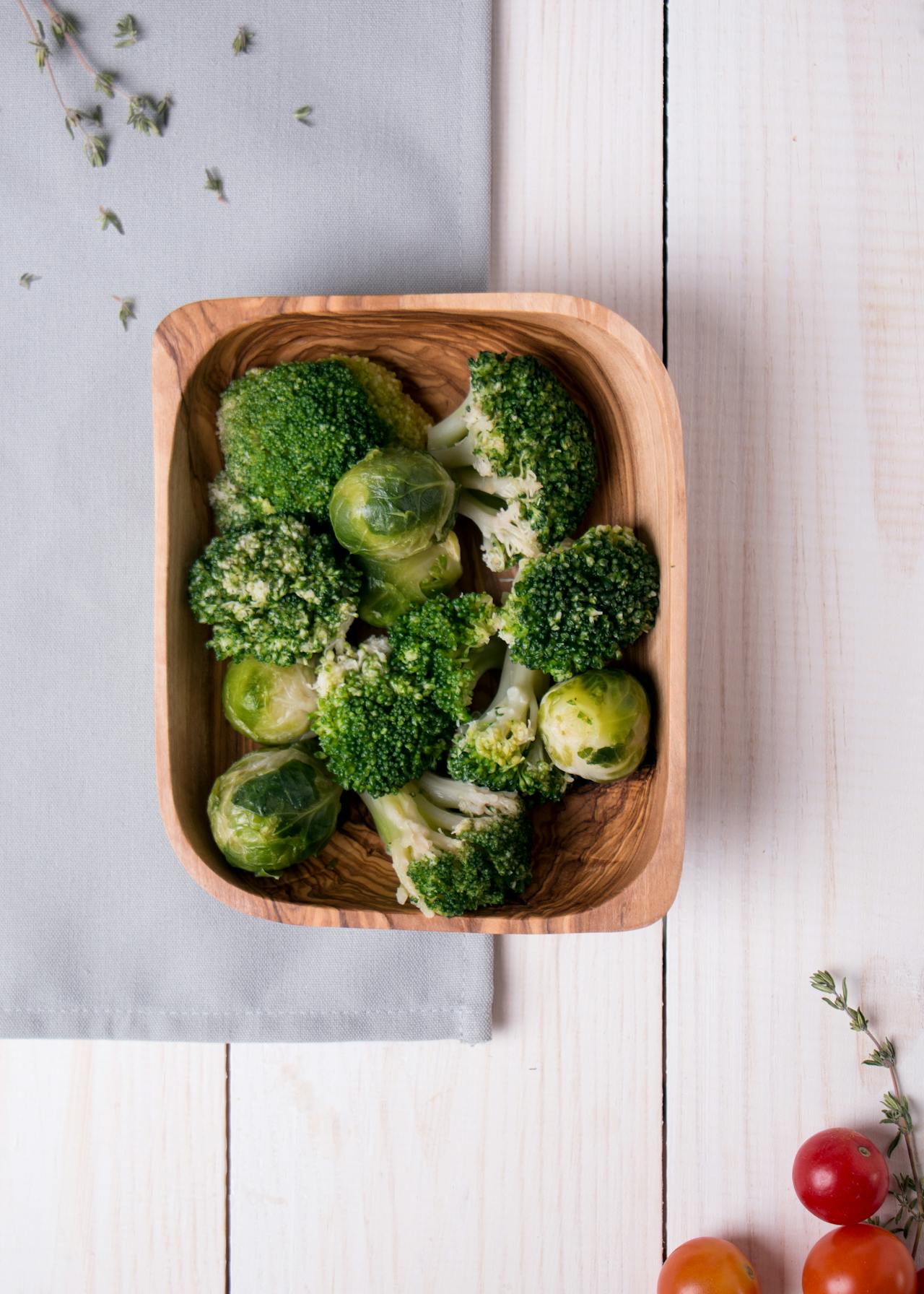Eating more cruciferous vegetables, like broccoli, cauliflower, and Brussels sprouts, could help reduce the risk of colon cancer, according to new research.
The study, published in BMC Gastroenterology, analyzed 17 trials involving nearly 97,000 participants. It found that people who ate between 20 and 40 grams of cruciferous vegetables per day had a 20 percent lower risk of colon cancer than those who ate little or none. The protective effect appeared to level off beyond this amount.
 Pexels
Pexels
Why might these vegetables help? Cruciferous vegetables contain glucosinolates, which are unique sulfur-containing compounds that break down into substances with anti-cancer properties.
They’re also rich in antioxidants, flavonoids, and carotenoids, which help reduce oxidative stress. Plus, they provide dietary fiber, which supports gut and digestive health.
“Fiber is important for keeping us regular, as most of us know, but it’s also the foundation for a healthy gut,” Nichole Dandrea-Russert, MS, RDN, and author of The Fiber Effect, previously told VegNews. “A healthy gut leads to less acute and chronic inflammation, both in the gut and throughout the body.”
The rising risk of colorectal cancer
The findings come at a critical time, as rates of colon cancer (also called colorectal or bowel cancer) continue to rise. According to the World Health Organization, it is the third most common cancer worldwide, accounting for about 10 percent of all cancer cases.
While the disease still affects mostly people over 50, incidences in younger adults are climbing. The Cancer Research Institute cites several possible factors, including low physical activity, heavy alcohol use, and poor diet. “Diets high in processed and red meats but low in fiber, fruits, and vegetables are known to increase the risk,” the institute notes.
Research suggests that 95 percent of Americans don’t get enough fiber, while ultra-processed foods make up more than half of the average American diet.
 Pexels
Pexels
Plant-based foods and colorectal cancer
This isn’t the first study to suggest that certain plant-based foods may protect against colon cancer.
In 2023, research published in the European Journal of Nutrition found that mycoprotein-based meat alternatives (such as those made by the British brand Quorn) could help reduce colon cancer risk. Replacing red meat with this high-fiber protein source lowered levels of the chemicals linked to cancer development, known as genotoxins, while boosting beneficial gut microbes.
BECOME A VEGNEWS VIP: Get exclusive product deals, freebies, and perks galore!
“The study showed that this dietary change delivers a significant reduction in genotoxicity and an increase in beneficial gut microbes,” lead researcher Daniel Commane, PhD, Associate Professor in Nutritional Sciences at Northumbria University, said in a statement.
“Our findings suggest therefore that this high-fiber protein source provides a good alternative to meat in the context of gut health and could help to reduce long-term bowel cancer risk.”
For more plant-based stories like this, read:
JUMP TO ... Latest News | Recipes | Guides | Health | Subscribe









